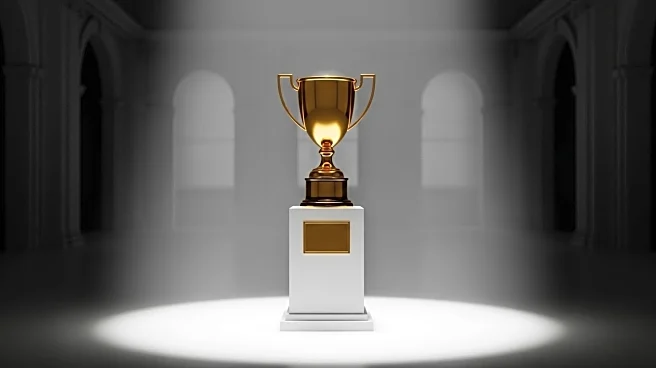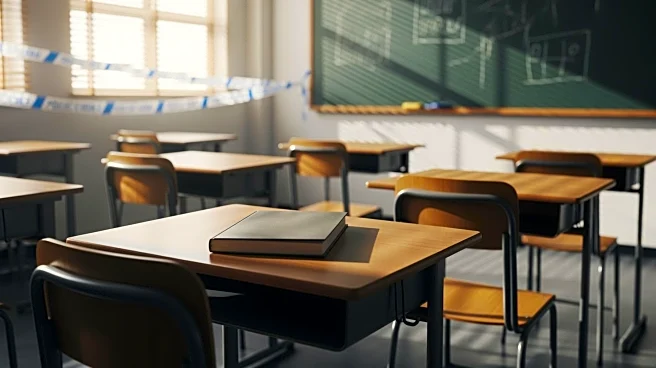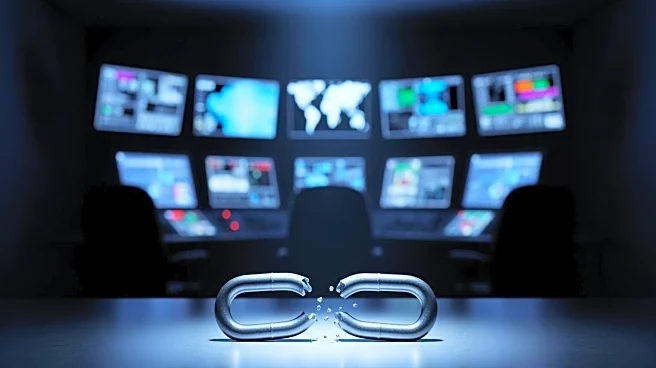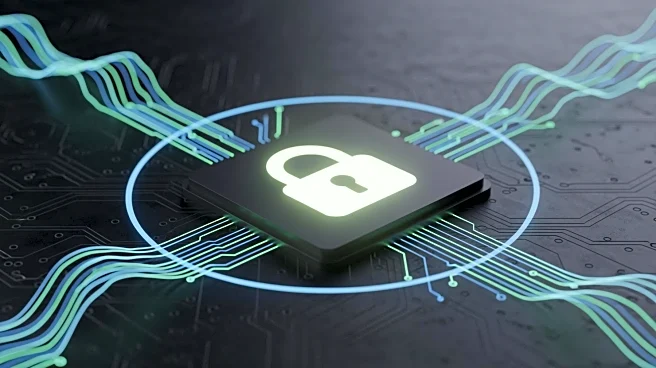What's Happening?
Former South Florida coach Jim Leavitt has decided not to attend the University of South Florida's Athletics Hall of Fame induction ceremony scheduled for October 2. Despite his significant contributions to the USF football program, Leavitt's decision comes after a series of personal and professional controversies. In August, Leavitt was arrested on charges of domestic violence and theft following an altercation with an ex-girlfriend, although these charges were later dropped in September due to insufficient evidence for prosecution. USF athletic director Rob Higgins announced that Leavitt and the university mutually agreed on his absence from the ceremony to avoid distractions during the event. Leavitt, who was the first head coach of USF football, led the team from 1997 to 2009, achieving a record of 95-57. His tenure ended controversially after an investigation revealed misconduct during a game against Louisville in 2009, including allegations of striking a player and interfering with the investigation.
Why It's Important?
Jim Leavitt's absence from the Hall of Fame induction highlights the ongoing challenges institutions face when honoring individuals with complex legacies. While Leavitt played a pivotal role in elevating USF's football program to national prominence, his career has been marred by allegations of misconduct. This situation underscores the delicate balance between recognizing professional achievements and addressing personal controversies. For USF, the decision to proceed with Leavitt's induction without his presence allows the university to honor his contributions while maintaining focus on the current inductees. This approach reflects broader societal debates on how to reconcile past actions with present honors, impacting how sports institutions manage reputations and legacies.
What's Next?
The decision for Leavitt not to attend the ceremony may lead to further discussions within USF and the broader sports community about how to handle similar situations in the future. As USF continues to develop its athletic programs, the university may implement more stringent policies regarding the conduct of its coaches and staff. Additionally, Leavitt's absence might prompt other institutions to reevaluate their criteria for honoring individuals with controversial pasts. Stakeholders, including alumni and current students, may express varied opinions on the university's handling of the situation, potentially influencing future decisions on similar matters.
Beyond the Headlines
Leavitt's case raises ethical questions about accountability and redemption in sports. It challenges the notion of whether professional success should overshadow personal misconduct. This situation may lead to broader discussions on the ethical responsibilities of sports figures and institutions, particularly in how they address past controversies while celebrating achievements. The long-term implications could influence how sports organizations develop codes of conduct and manage public relations, potentially leading to cultural shifts in how sports figures are perceived and honored.









